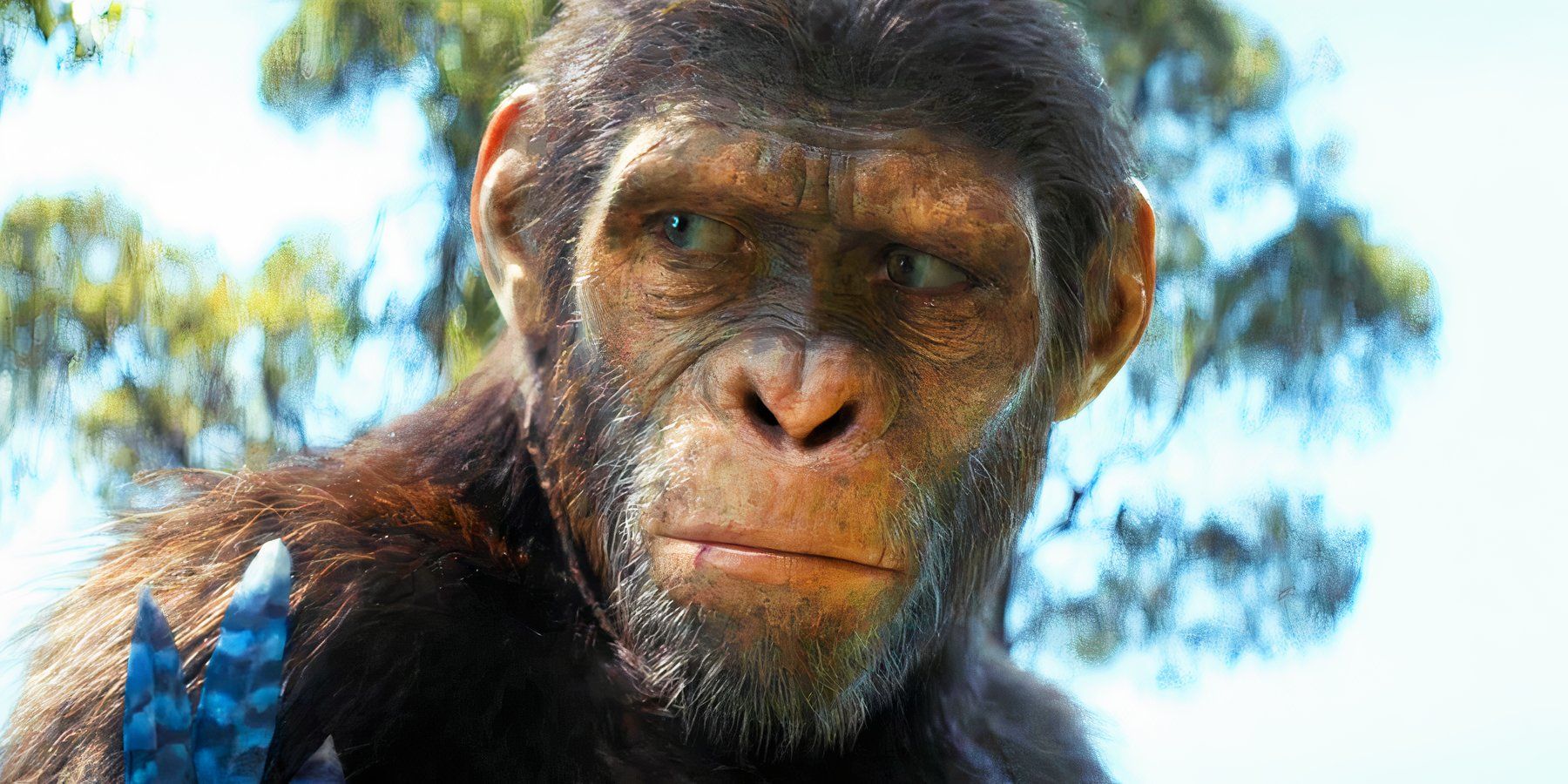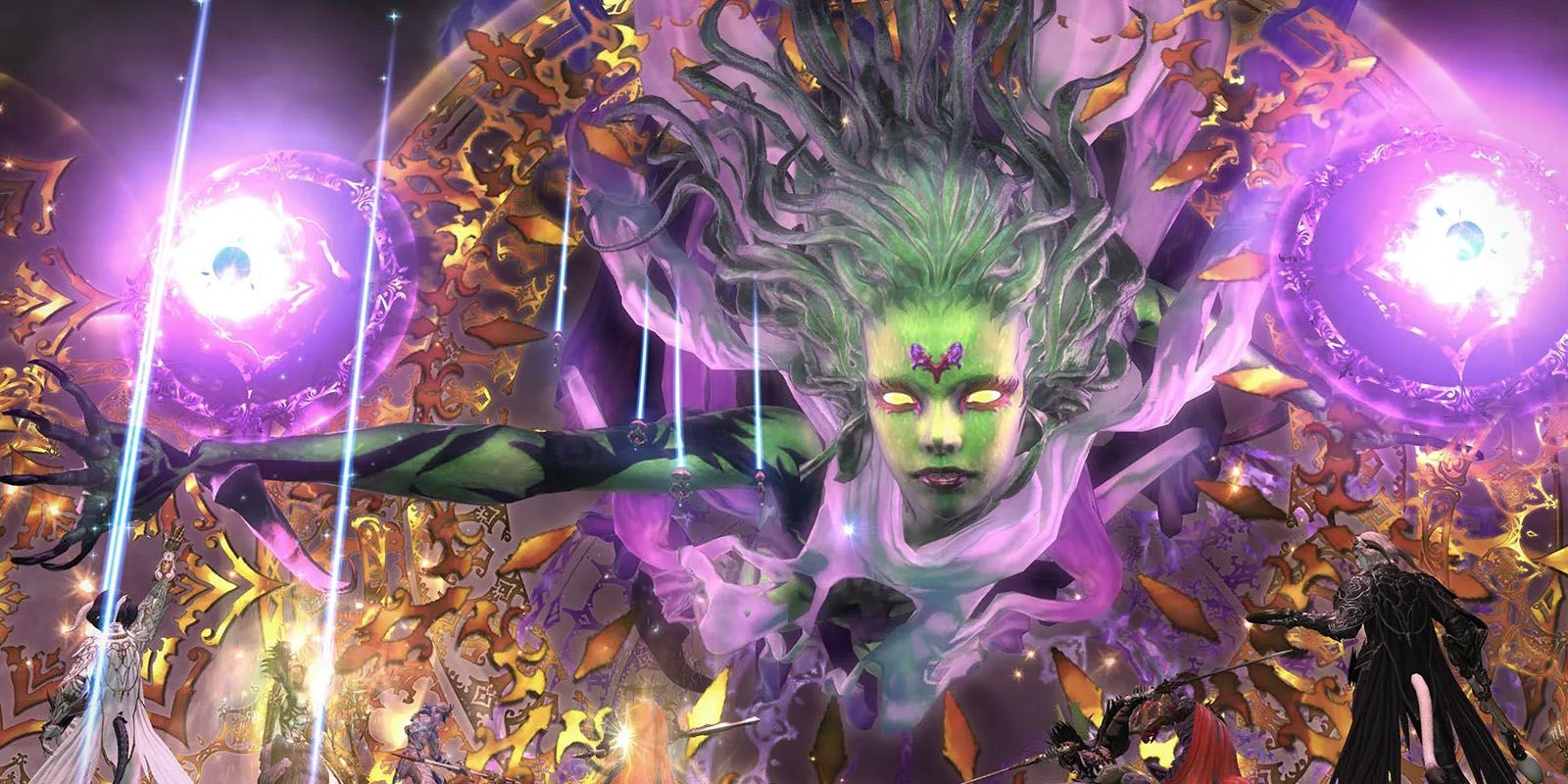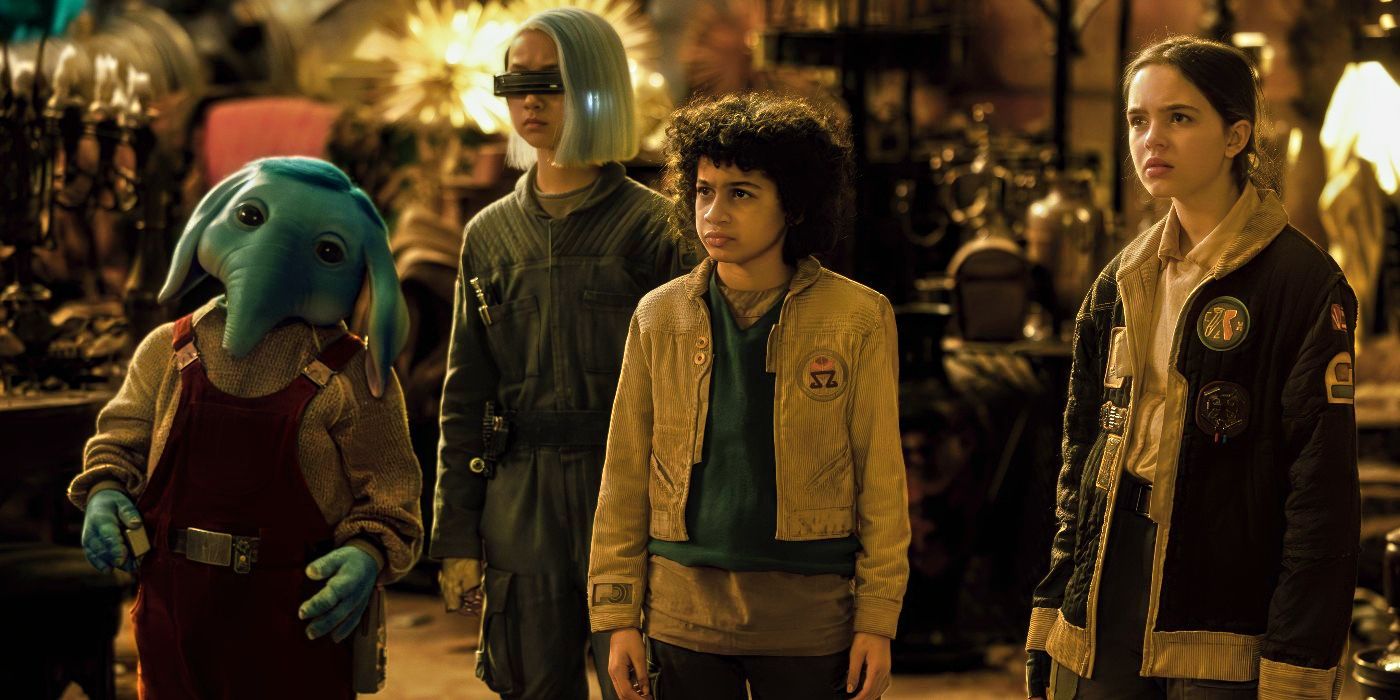The 1991 Kevin Costner movie JFK managed to stir up so much controversy that the historical drama changed real-life US law. 1991’s JFK saw director Oliver Stone take on his most ambitious task yet. Fresh off the critical success of Platoon, Wall Street, and Born on the Fourth of July, Stone adapted Jim Garrison’s non-fiction book On the Trail of the Assassins and Jim Marrs’ Crossfire: The Plot That Killed Kennedy into an epic 188-minute political thriller that aimed to finally explain the persistent mysteries surrounding JFK’s 1963 assassination.

Related
Oliver Stone Almost Made A Planet Of The Apes Movie With Schwarzenegger & It Sounds Absolutely Bonkers
Before the Planet of the Apes reboot or Tim Burton’s 2001 remake, director Oliver Stone almost made an absolutely wild Planet of the Apes movie.
While JFK is still ranked among Oliver Stone’s best movies, the movie earned as much controversy as it did praise upon release. Stone’s movie starred Kevin Costner as Jim Garrison, the Louisiana District Attorney who investigated Kennedy’s assassination and explored theories surrounding a conspiracy to kill the president and use Lee Harvey Oswald as a patsy. Stone and Costner’s movie was accused of spreading conspiracy theories about the assassination, but JFK’s success spoke for itself. Earning over $200 million on a budget of only $40 million, JFK remains Stone’s most financially successful movie.
The Controversy Surrounding Kevin Costner's JFK Movie Explained
Oliver Stone’s JFK Explored Numerous Theories Surrounding The President’s Assassination
Stone’s JFK patiently explores a complex web of relationships between Kennedy, his predecessor Dwight D. Eisenhower, his successor Lyndon B. Johnson, his assassin Lee Harvey Oswald, Oswald’s own assassin Jack Ruby, and numerous members of the military-industrial complex. One of Kevin Costner’s best movies, JFK is impressive in its comparative simplicity given the labyrinthine complexity surrounding the circumstances of the President’s death. JFK proposes that JFK’s assassination was part of a plot to keep America in Vietnam and expand the CIA’s powers, both of which happened after the President’s death.
Most of JFK’s lengthy runtime is devoted to Garrison following up leads on the assassination, only to find an increasingly worrying number of holes in the official account. Garrison learns that witnesses were coached, that statements were changed, and soon many key figures either went into hiding, showed up dead, or refused to speak to the attorney. By JFK’s conclusion, Garrison becomes convinced that JFK’s death was linked to the assassinations of Robert F. Kennedy and Martin Luther King Jr and that all three tie into a conspiracy involving the FBI, the CIA, the Secret Service, and the military-industrial complex.
How JFK Helped Lead To The John F. Kennedy Assassination Records Collection Act Being Passed
The Assassination Records Review Board Admitted Stone's Blockbuster Had A Point

While Oliver Stone’s Platoon was considered one of the greatest Vietnam War movies ever made, JFK was considerably more controversial upon its release. Reviews were mixed, but the movie’s eight Academy Award nominations prove that this was due in part to the political leanings of critics. Many reviewers devoted more of their reviews to critiquing JFK’s version of history than the movie itself, with Richard Roeper calling the movie “Journalistically bankrupt nonsense” in 2008’s Debunked! Conspiracy Theories, Urban Legends, and Evil Plots of the 21st Century. However, JFK did manage to change one element of the assassination’s history.
In an attempt to counter the narrative put forth in JFK, the Assassination Records Review Board made documents related to the assassination public between 1992 and 2017.
The President John F. Kennedy Assassination Records Collection Act of 1992 made new government records related to the assassination available to the public. In the hopes of quelling fervor surrounding the event, the act effectively conceded that JFK’s portrayal of a widespread conspiracy had some merit. In an attempt to counter the narrative put forth in JFK, the Assassination Records Review Board made documents related to the assassination public between 1992 and 2017, rather than waiting until 2029 as had been previously planned. The Board acknowledged JFK’s concern over a lack of transparency, but didn’t affirm the movie’s conclusions.
Kevin Costner's Star Was At Its Brightest When JFK Released
Costner’s Hollywood Career Peaked Around JFK’s 1991 Arrival
There are a great many reasons that JFK defied the odds as a 3-hour political drama and managed to make $200 million at the box office. One was broad public unease around the assassination. Another was JFK’s extraordinary supporting cast, which included Tommy Lee Jones, Kevin Bacon, Gary Oldman, Laurie Metcalf, John Candy, Joe Pesci, Donald Sutherland, Sissy Spacek, Jack Lemmon, Walter Matthau, and Wayne Knight. However, Costner’s contributions to JFK’s performance should not be understated.
Kevin Costner used his megawatt star power to turn a 3-hour political drama into a bonafide blockbuster hit.
Costner was coming off an incredible box office run when he starred in JFK. The Untouchables, Field of Dreams, Dances with Wolves, Robin Hood: Prince of Thieves, and The Bodyguard were all hits, and his divisive work in Waterworld and The Postman was still years away. Kevin Costner’s worst movies may be pretty hard to watch, but the actor’s star power in the ‘90s was undeniable. Kevin Costner used this megawatt star power to turn a 3-hour political drama into a bonafide blockbuster hit and, despite the odds, JFK ended up impacting US law as a result of the movie’s success.
Sources: Debunked! Conspiracy Theories, Urban Legends, and Evil Plots of the 21st Century (Richard Roeper, 2008)

Release Date December 20, 1991
Runtime 189 minutes
Cast Sally Kirkland , Anthony Ramirez , Ray LePere , Steve Reed , Jodie Farber , Columbia Dubose
Director Oliver Stone









 English (US) ·
English (US) ·